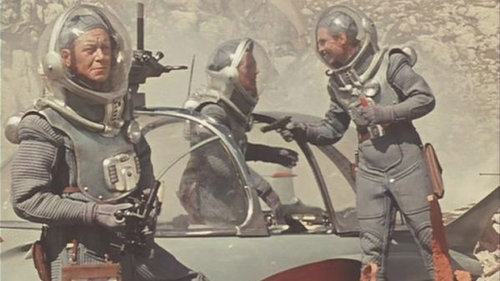Leviathan (2014)

Just now I noticed that this film was directed by the same director of Loveless (2017), a film that denounces the bad state of Russian society in the face of love, the lack of attention we have with others, and how we open space for futility and alienation.
In 'Leviathan', Andrey Zvyagintsev does an exercise in detachment, the few characters look like ants in the midst of the immensity of the world around. We see the coast often, mostly painted with solitude. On the only occasion when the coast is filled with more than one person, a tragedy draws near.
The moment we saw Kolya sitting in the chair of the police station, listening to all those accusations, I knew with him that there was nothing more to be done, only to preach the truth, that he is innocent. Kolya is alone, from the beginning, his only companion is the vodka. The lack of love that his wife has with him is heart breaking, Kolya shows affection, in his way, was not enough to fill Lilya's heart.
I like how Mr. Zvyagintsev leaves to our charge the construction of the meaning of the work, causing us to meditate when the credits roll. I've only seen two of his films so far, I'll certainly see the rest of his filmography.
★★★★
 I just assumed you were talking about the wife, definitely know what you are talking about with the friend and agree
I just assumed you were talking about the wife, definitely know what you are talking about with the friend and agree





 ). I wouldn't call this one of the great cinematic love stories and i don't think it hit all the marks it was attempting to but some of it was powerful and it was well acted. His brief scene with his mother was incredible, and also the road at the start and the one he travels on to get to his mother reminds me of the one in the Koker Trilogy haha.
). I wouldn't call this one of the great cinematic love stories and i don't think it hit all the marks it was attempting to but some of it was powerful and it was well acted. His brief scene with his mother was incredible, and also the road at the start and the one he travels on to get to his mother reminds me of the one in the Koker Trilogy haha.
